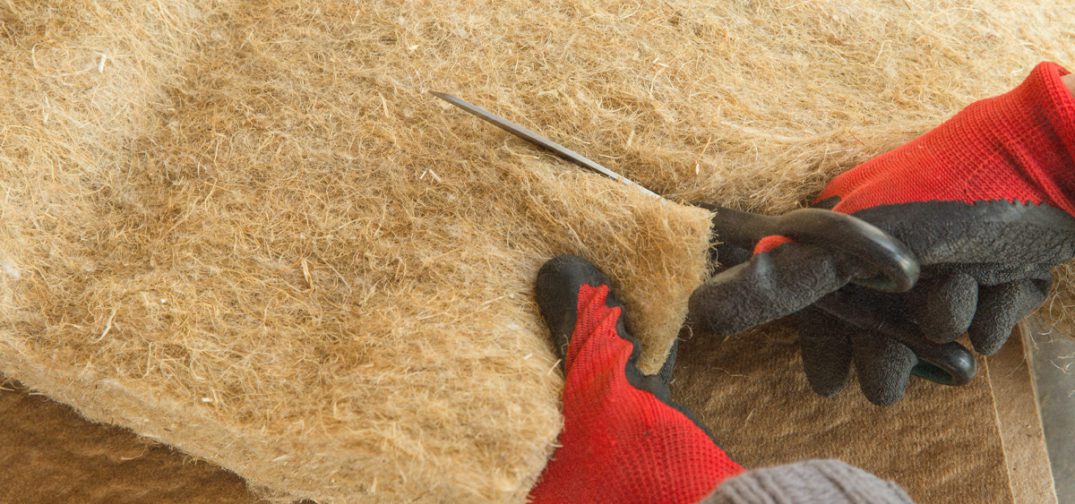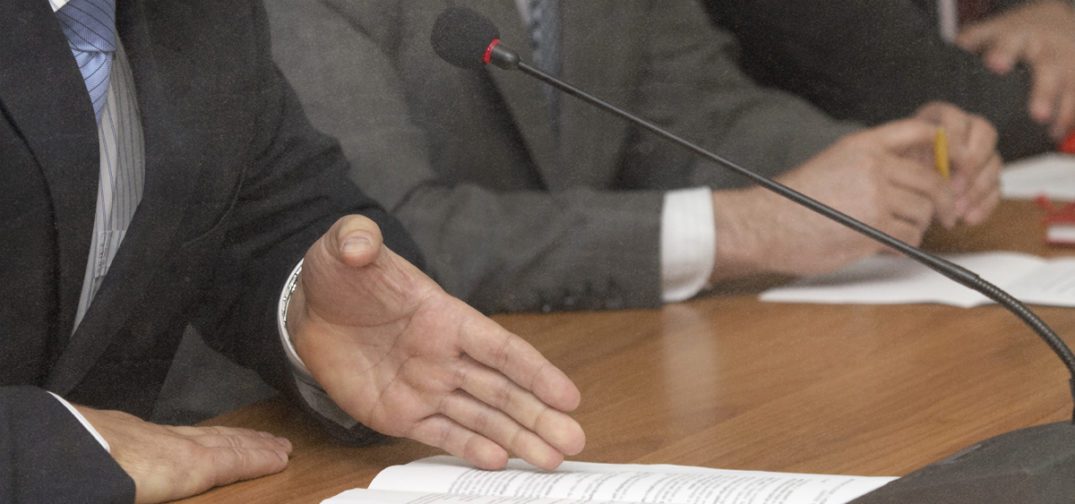Social media’s power is undeniable. From social justice movements to reuniting lost family members, good can come from the masses by being part of social media communities.
The flip side is that this power can result in moments of negativity and animosity. Harnessing the good and fending off the bad can be a challenge for brands using social media.
A simple glance at major cannabis organizations is enough to see the inflammatory comments about cannabis legalization, poor customer service, those who use cannabis, and so on.
The trouble comes from the business perspective. Brands committed to transparency and open communication want to protect their reputation by responding to ALL comments they receive on social media, whether they are positive and negative. But how do they respond to negative comments without appearing defensive or saying something that sparks even more frustration?
Here are some principles to keep in mind when responding:
Respond promptly
When it comes to negative comments, your main goal as a business will be to make the individual commenting feel heard. Be sure you are responding to comments in a timely manner. This is why it’s important to monitor your social media presence regularly. The last thing a disgruntled user wants is to be ignored after expressing their grievances.
Do your best to reply to social media comments and reviews, positive or negative, within a day or two.
Apologize sincerely when necessary
If someone has a negative experience with your brand, be prepared to apologize sincerely. Acknowledge that you have failed this customer, apologize, and explain how you plan to do better next time and/or prevent this from happening again.
Know that sometimes, you’re going to have to give a little. When you back up a thoughtful response with a discount, freebie, etc., you don’t just tell them you understand — you show them.
Make sure if you do this, it is appropriate for their unique situation and not a bandaid to appease them. For instance, if they received the wrong product, send them the right one for free rather than discounting their next purchase.
Personalize your reply
Responses to negative comments should never be copied and pasted. Templates are a useful tool for your team, but it will become easy to identify when you are replying to unhappy comments with the same message.
Remain sincere and authentic by taking the extra time to personalize your message. This can include finding the user’s name, using their words in your reply, or giving a unique explanation to their comment.
Another way to make it personal is to sign your name and role at the end of your response, so they see that a real human is making an effort to reach out to them and not just hide behind a company page.
You can use humor
Although you should use caution, most brands have the best success when they can handle negative comments with humor and in a way that turns them into a positive experience, like Wendy’s. You will find this approach is most popular on Twitter but we encourage you to consider staying professional yet light-hearted to humanize your brand.
Take it offline ASAP
Take your conversations offline or in private as soon as possible. This can mean replying to a negative comment with, “Thanks for letting us know. We’ve DM’d you to continue the conversation,” or including contact information in your response.
After you’ve covered your bases by making a polite public response, move the conversation to private messages, email, or phone conversations where you can understand more about the customer’s unhappiness and try to make it right.
Always remember that people can take screenshots or make more posts about your business, so be sure to carry yourself professionally at all times.
This is your page
It is especially important to keep in mind when receiving comments on controversial topics. Be prepared for negative comments and don’t backpedal. Depending on your brand awareness, you can take a more bold approach like Ben & Jerry’s often does. However, for most companies, we recommend simply re-stating your position and not indulging these users or getting into arguments online.
When not to respond to negative comments
We all know there are internet ‘trolls’ out there or people who spam posts with negative comments because of a grievance. In these cases, it is fine to block the account or delete/report inappropriate comments.
Other situations in which you will not want to engage commenters are cases of profanity, spam, random attacks that don’t make sense, aggression, cultural slurs, racial bias, harassment, threats, etc. In these cases, you have the right to exercise your right to delete items that you feel should not be on your social media page.
Managing your cannabis social media
Community management for cannabis brands is no easy task, but negative comments do not have to impact your brand reputation or your bottom line. It is important to make sure that someone monitors your page, whether internal or outsourced, and that you promptly respond to the comments. Negative comments do not have to be a serious problem if managed correctly.























